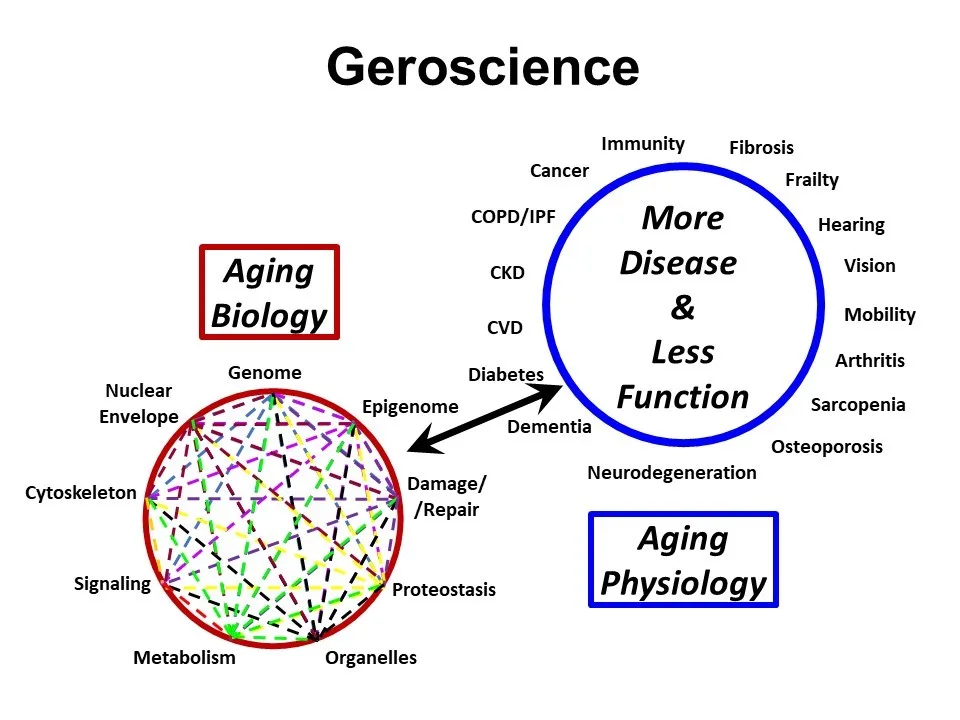In this series of articles we’ll discuss Mitochondria (plural for mitochondrion) and why they play such a crucial roll in health and fitness. Anyone, young or old, must be adept at understanding Mitochondria, how it functions in the body, and what exercises and supplements can cause it to be increased (a good thing) and function better within the body.
What are Mitochondria?
Mitochondria are often referred to as the “powerhouses of the cell.” They are specialized organelles found within most cells of our bodies. Their primary function is to generate energy in the form of adenosine triphosphate (ATP), which fuels cellular processes.
Why are Mitochondria Important?
Mitochondria play a crucial role in various cellular functions, including:
- Energy Production: As mentioned, their primary function is to produce ATP through cellular respiration. This energy is essential for all cellular activities, from muscle contraction to brain function.
- Cell Signaling: Mitochondria are involved in cell signaling pathways, helping to regulate cellular responses to various stimuli.
- Cell Death: They play a role in programmed cell death, or apoptosis, a vital process for tissue development and maintenance.
- Calcium Regulation: Mitochondria help regulate intracellular calcium levels, which is important for muscle contraction and neuronal signaling
- Heat Production: In brown adipose tissue, mitochondria generate heat to maintain body temperature.
Mitochondrial Dysfunction and Disease
When mitochondria don’t function properly, it can lead to a variety of diseases, known as mitochondrial diseases. These diseases can affect multiple organs and systems, causing a wide range of symptoms, including:
- Muscle weakness
- Fatigue
- Neurological problems
- Digestive issues
- Heart disease
Factors Affecting Mitochondrial Health
Several factors can influence mitochondrial health, including:
- Genetics: Inherited genetic mutations can impair mitochondrial function
- Lifestyle: Factors like diet, exercise, and stress can affect mitochondrial health.
- Environmental Factors: Exposure to toxins can damage mitochondria.
- Aging: Mitochondrial function naturally declines with age.
By understanding the importance of mitochondria and the factors that affect their health, we can take steps to promote optimal mitochondrial function and overall well-being.
Source:











